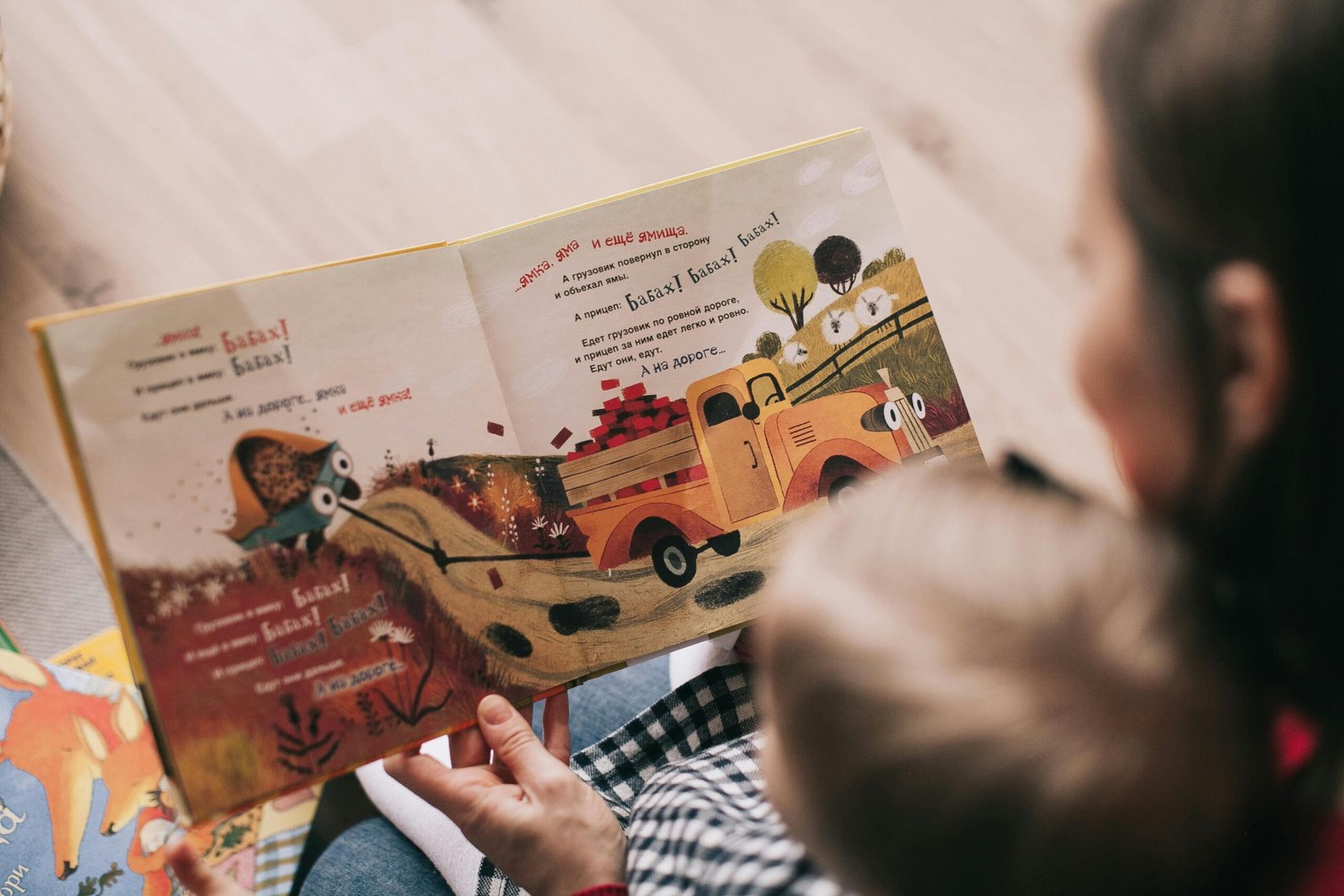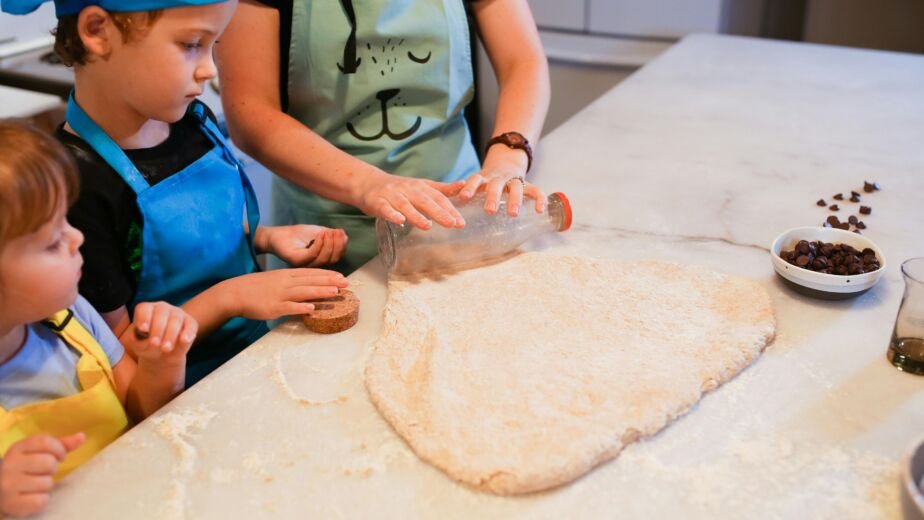More than bedtime cuddles
Every parent loves the snuggles of bedtime stories the soft voice, the turning pages, the drifting off to sleep. But what if we told you that each of those storytimes is also wiring your child’s brain for success? Research shows that reading aloud is one of the most powerful tools for early development, shaping language, attention, and even emotional health.
In South Florida, where libraries, bilingual programs, and story circles are abundant, families have endless opportunities to turn storytime into brain-building time.
What happens in your child’s brain when you read
1. Language pathways light up
Hearing stories builds vocabulary and teaches rhythm, tone, and sentence structure. Babies who are read to daily hear 1.4 million more words by kindergarten than those who aren’t.
2. Imagination takes flight
Books spark visualization. When you say “dragon,” your child’s brain paints a picture—fueling creativity and problem-solving skills.
3. Emotional development grows
Characters and plots help children learn empathy: “How does the bunny feel when he’s lost?” Kids practice understanding feelings before they can always express their own.
4. Attention spans strengthen
Story arcs, even short ones, help toddlers build focus—an essential skill in our distracted world.
Why starting early matters
Even newborns benefit from hearing your voice in storytime. The earlier you introduce reading, the stronger the foundation for language and literacy.
- 0–12 months: Focus on board books with high-contrast images and rhythmic words.
- 1–3 years: Simple stories with repetition and interactive flaps.
- 3–5 years: Longer narratives, “why” questions, and acting out stories.
South Florida resources for story lovers
- Miami-Dade Public Libraries → Offer bilingual storytimes and toddler reading programs.
- Broward County Libraries → Host sensory-friendly storytimes for kids with special needs.
- Palm Beach County Libraries → Feature multicultural book events and family reading challenges.
- Local cafés & play spaces → Many host parent-led reading circles with coffee in hand (win-win!).
Tips to make storytime stick
- Keep books in every room (yes, even the car).
- Let kids choose the book—even if it’s the same one again.
- Use funny voices and gestures to keep them engaged.
- Make it part of a routine—bedtime, naptime, or after lunch.
Remember: it’s about connection
Your child won’t remember whether you read perfectly or stumbled on a word. They’ll remember the closeness, your voice, and the feeling of being loved through the pages.



